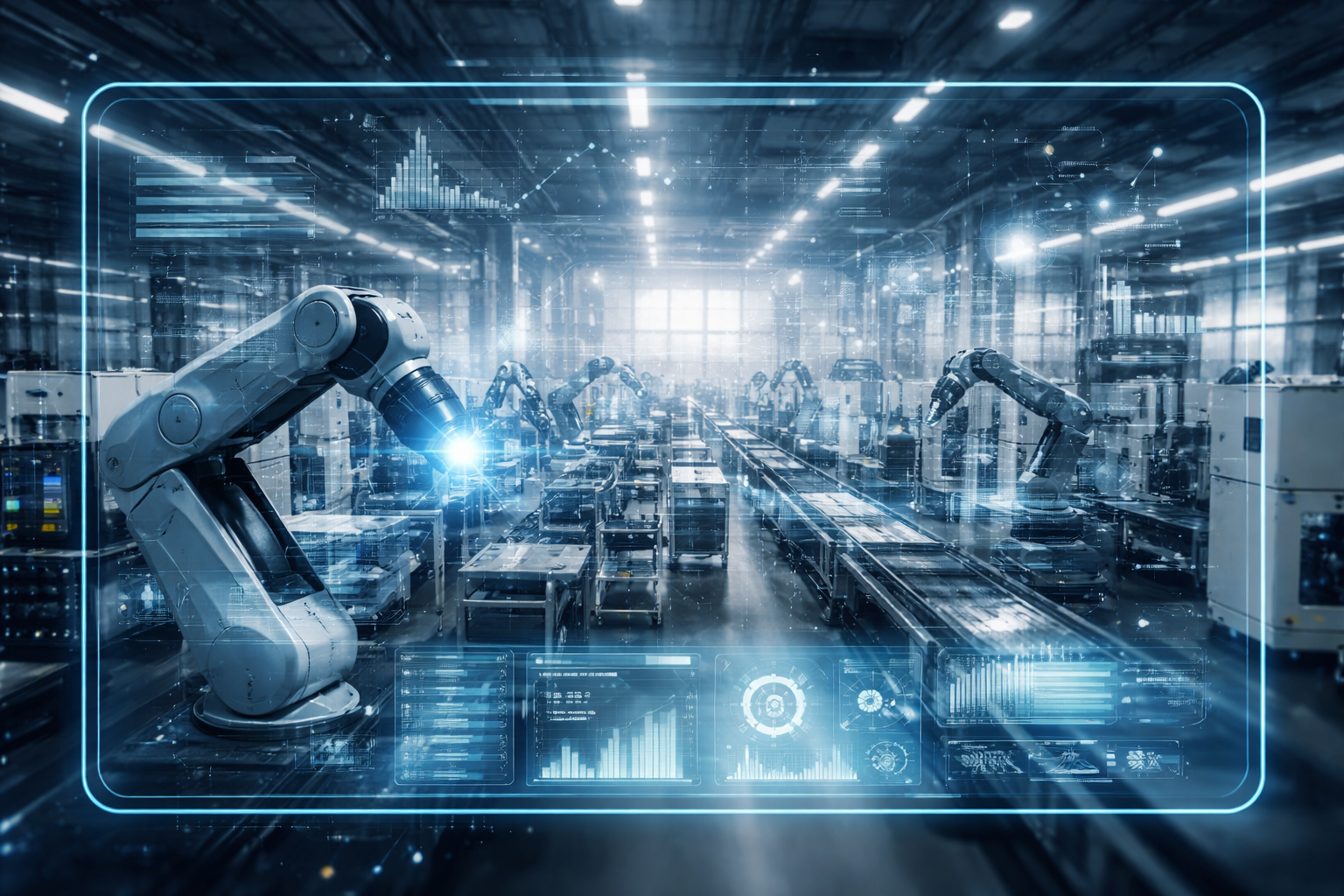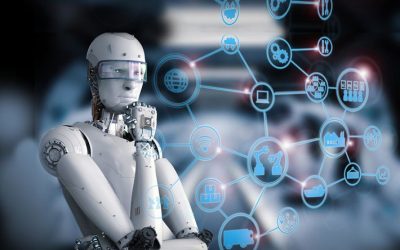AI Readiness Assessment Guide for Manufacturers
Introduction: The AI Promise vs. Reality
You’ve heard the buzz. AI is going to revolutionize manufacturing. Boost efficiency by 30%. Reduce downtime. Predict maintenance issues before they happen. But here’s what nobody talks about: AI readiness assessment isn’t just about buying the latest software. Too many manufacturers rush into AI projects only to hit a wall when data’s scattered across different systems and processes aren’t documented. And suddenly, that million-dollar AI investment becomes an expensive lesson in preparation.
The truth? AI is only as good as the foundation you build it on.
The Hidden Cost of Poor AI Readiness
Let me paint a picture you might recognize. Your production line generates thousands of data points daily. Quality checks, machine temperatures, cycle times, maintenance logs. It’s all there… somewhere. But when you try to feed this data into an AI system, reality hits hard. Your ERP talks to your MES, but they don’t speak the same language. Quality data lives in spreadsheets. Maintenance records? Half are digital, half are handwritten notes tucked away in filing cabinets.
This isn’t just inconvenient. It’s expensive. It’s not just money; it’s lost competitive advantage while your competitors pull ahead.
Building Your AI Readiness Foundation
Step 1: Data Audit and Cleanup
Think of your data like ingredients for a recipe. You wouldn’t cook with spoiled vegetables, right? Start with a comprehensive data inventory. Where does your critical information live? How clean is it? Are there gaps or inconsistencies that would confuse an AI system?
Your AI readiness assessment should identify:
- Data quality issues
- Integration gaps between systems
- Missing data points crucial for AI success
- Accessibility barriers
Step 2: Process Documentation and Standardization
Here’s something most consultants won’t tell you: AI thrives on consistency.
If your line operators handle quality checks differently on each shift, no AI system will make sense of that chaos. Document your processes. Standardize where possible. Create the predictable patterns that machine learning algorithms need to succeed.
Step 3: Infrastructure Evaluation
Your current systems need to handle AI workloads. That means evaluating:
- Computing power and storage capacity
- Network bandwidth and reliability
- Security frameworks for sensitive data
- Integration capabilities with existing tools
The Smart Path Forward
Start with one process, one production line, or one specific challenge where AI can make an immediate impact. Maybe it’s predicting when your most critical machine needs maintenance, or optimizing your inventory levels based on production patterns and demand forecasts.
Get that first win. Learn from it. Then expand.
Your Next Move
AI readiness isn’t a destination; it’s a journey that starts with honest assessment and strategic planning. The manufacturers winning with AI didn’t get there by accident. They invested time upfront to build the right foundation. They understood that AI readiness assessment isn’t just technical preparation, it’s business transformation.
Ready to discover where your operation stands? Our AI Readiness Assessment helps manufacturers like you identify the gaps, prioritize improvements, and create a roadmap for AI success. Let’s have a conversation about your specific challenges and goals.
![]() TSVMap is committed to enhancing your manufacturing processes and providing expert consultation on your IT solutions, striving to maximize their effectiveness and efficiency. If you require assistance with…IT Solutions, Assessment, Consultants, ERP Systems, MRP Systems, Automations, or Cyber Security. Contact us today at 864-991-5656 or Email info@tsvmap.com.
TSVMap is committed to enhancing your manufacturing processes and providing expert consultation on your IT solutions, striving to maximize their effectiveness and efficiency. If you require assistance with…IT Solutions, Assessment, Consultants, ERP Systems, MRP Systems, Automations, or Cyber Security. Contact us today at 864-991-5656 or Email info@tsvmap.com.







0 Comments